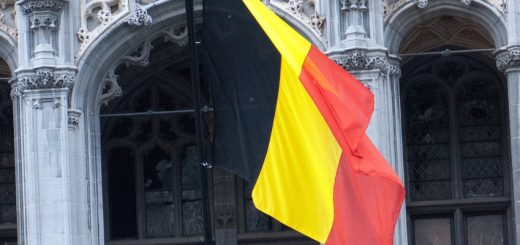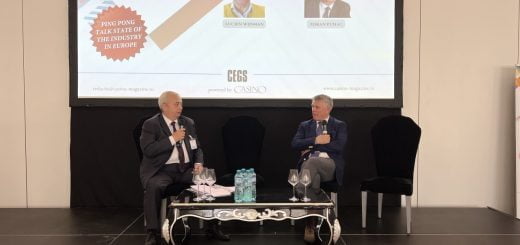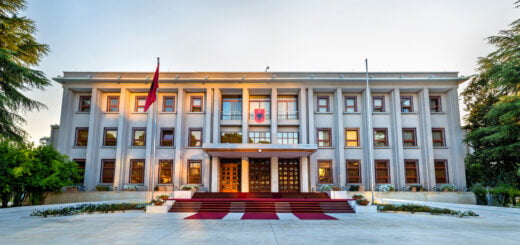Sweden’s Proposal for Increased Gambling Tax Sparks Controversy
Context
Sweden is considering a significant increase in its gambling tax, a move that has stirred both excitement and concern within the gaming industry. If the proposal is approved, the new tax rate will be implemented in Sweden starting from July 1, 2024. The government, known as Regeringen, anticipates that this tax adjustment could potentially generate an additional SEK 540.0 million (£39.3 million/€45.5 million/$48.4 million) in annual tax revenue.
Sweden – the Background of the Gambling Market Reform
Sweden embraced the re-regulation of its iGaming market back in 2019, allowing operators to obtain licenses and offer legal gambling services in the country. Regeringen’s decision to raise the gambling tax is based on the belief that the market should have stabilized since then.
Addressing Concerns
Regeringen has expressed concerns about the level of channelization in Sweden’s gambling market and its impact. They argue that a tax rate exceeding 20% will help boost channelization to at least 90%.
The Proposed Tax Increase
“The current tax rate of 18% has remained unchanged since the re-regulation of the Swedish gambling market in 2019,” Regeringen stated. “The market has since found stability, and channelization has significantly improved. Additionally, measures have been introduced to eliminate unlicensed gambling from the Swedish market, effective from July 1, 2023.”
“The reasons for caution in setting the tax level are not as compelling now as during the initial re-regulation. Increasing the tax rate from 18% to 22% is deemed appropriate to reinforce government funding without unduly burdening companies and the tax base.”
Industry Response
However, the proposal has not been well-received by the Online Gaming Industry Association (BOS). Secretary-general Gustaf Hoffstedt has criticized the government’s plans and called for a reconsideration.
“The government’s announcement is deeply disappointing,” Hoffstedt remarked. “It reveals a lack of understanding of the market it aims to govern and fails to grasp the vulnerability of that market.”
Hoffstedt also referenced recent research conducted by BOS regarding channelization, highlighting that the channelization rate in Sweden’s iGaming market is currently at 77%, which he considers “critically low.”
“We have shown that channelization in the Swedish gambling market is at 77%,” Hoffstedt emphasized. “Certain sectors, including online casinos, have rates as low as 72%, and the trend is declining. This means that channelization is decreasing over time.”
He concluded by stating, “Sweden’s government must perform much better than this. There is still an opportunity to withdraw the proposal.”






